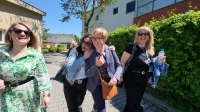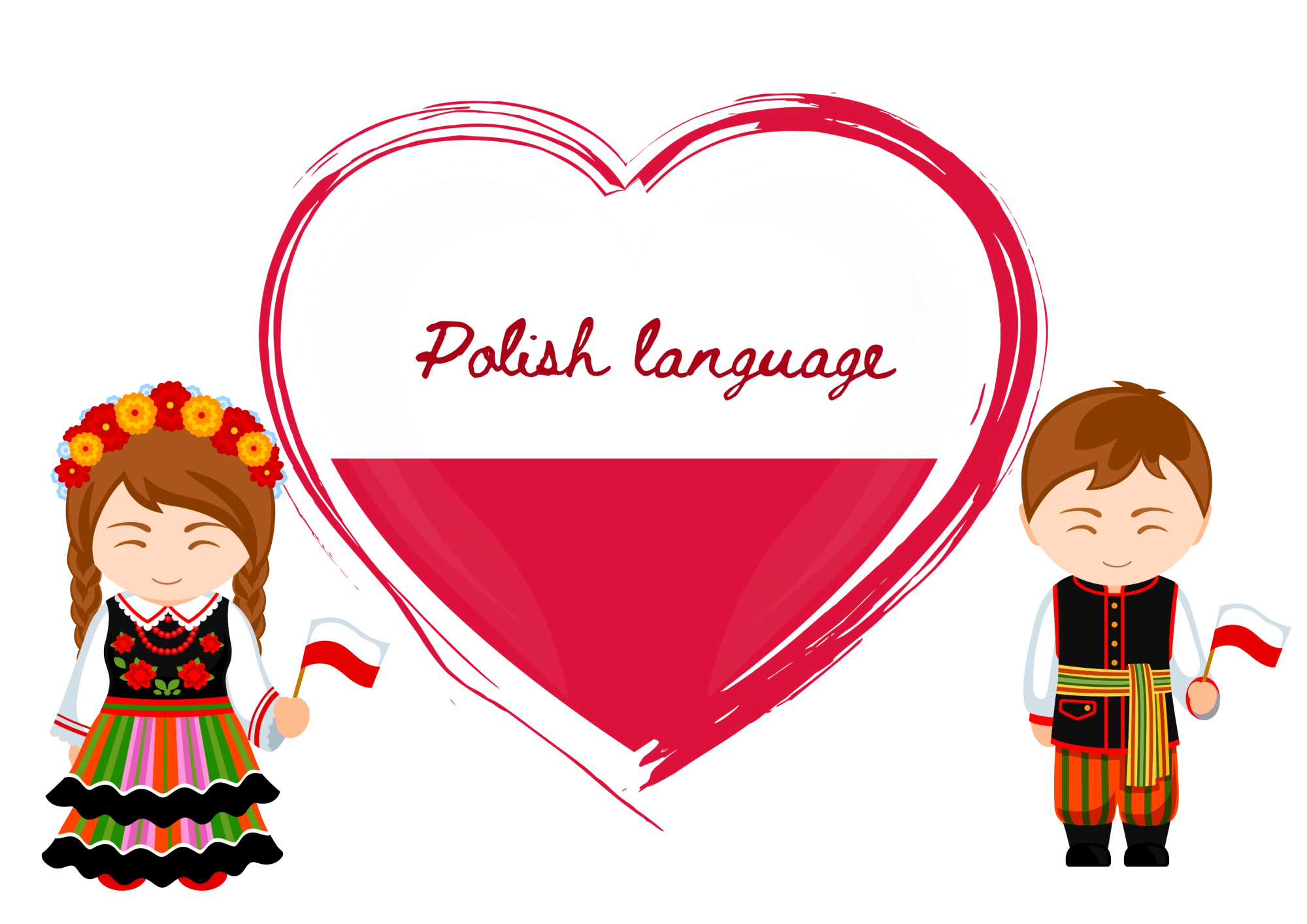-
The International Relations Office at Wrocław Medical University organised the 2nd Erasmus Staff Week.
2024-06-03
10:36
 From the 20th until the 24th of May we hosted representatives from Grigore T. Popa University of Medicine and Pharmacy IASI, Romania; Ternopil National Medical University and Danylo Halytsky Lviv National Medical University, Ukraine; University of Debrecen, Hungary; University of Crete and University of Thessaly, Greece; Lithuanian University of Health Sciences, Lithuania; University of Medicine Tirana, Albania, Caucasus International University, Georgia.
Read more »
From the 20th until the 24th of May we hosted representatives from Grigore T. Popa University of Medicine and Pharmacy IASI, Romania; Ternopil National Medical University and Danylo Halytsky Lviv National Medical University, Ukraine; University of Debrecen, Hungary; University of Crete and University of Thessaly, Greece; Lithuanian University of Health Sciences, Lithuania; University of Medicine Tirana, Albania, Caucasus International University, Georgia.
Read more »

The official language spoken in Poland is Polish. It is the most widely spoken language in the country, with over 97% of the population using it as their first language.
Polish is known for its complex grammar, including its seven noun cases and its relatively large set of consonant sounds. The language uses the Latin alphabet with the addition of diacritics such as ś, ż, ł, and ą. Polish has influenced other languages in the region and has a rich literary tradition, with famous writers such as Adam Mickiewicz and Wisława Szymborska.
In addition to Polish, there are also minority languages spoken in Poland such as Kashubian, Silesian, and German, especially in certain regions with historical ties to these languages. English and other foreign languages are also commonly spoken in urban areas and among the younger population.
Survival Polish:
- Dzień dobry!– Good morning!
- Dobry wieczór!– Good evening!
- Cześć!– Hello! / Goodbye!
- Jak się masz? / Co słychać?– How are you?
- Miło mi Cię poznać. / Miło mi Pana poznać. / Miło mi Panią poznać.– Nice to meet you.
- Nazywam się…– My name is…
- Jestem [name]/[nationality].– I’m [name]/[nationality].
- Pochodzę z Niemiec.– I come from Germany.
- Mam [number] lat.– I’m [number] years old.
- Dziękuję. – Thank you.
- Dzięki.– Thanks.
- Nie ma za co.– You’re welcome.
- Przepraszam.-I’m sorry. / Excuse me.
- Nie ma problemu.– No problem!
- Przykro mi.– I’m sorry.
- Nie przejmuj się.– Don’t worry. [informal]
- Proszę się tym nie przejmować.– Please, don’t worry. [formal]
- Do zobaczenia! – See you!
- Powodzenia!– Good luck!
- Dobranoc! – Goodnight!
- Trzymaj się! – Take care!
- Przepraszam, czy mogę poprosić o… – Excuse me, can I get/ask for…
- Przepraszam, ile to kosztuje?– Excuse me, how much is this?
- Przepraszam, czy może Pan/Pani powtórzyć?– Could you repeat, please?
- Przepraszam, nie rozumiem.– I’m sorry, I don’t understand.



